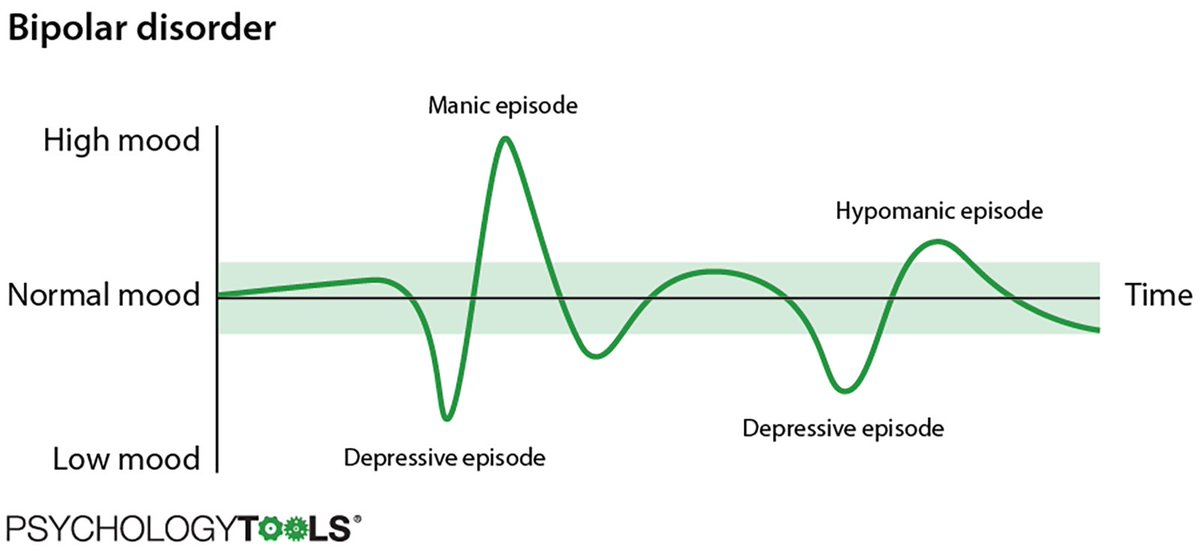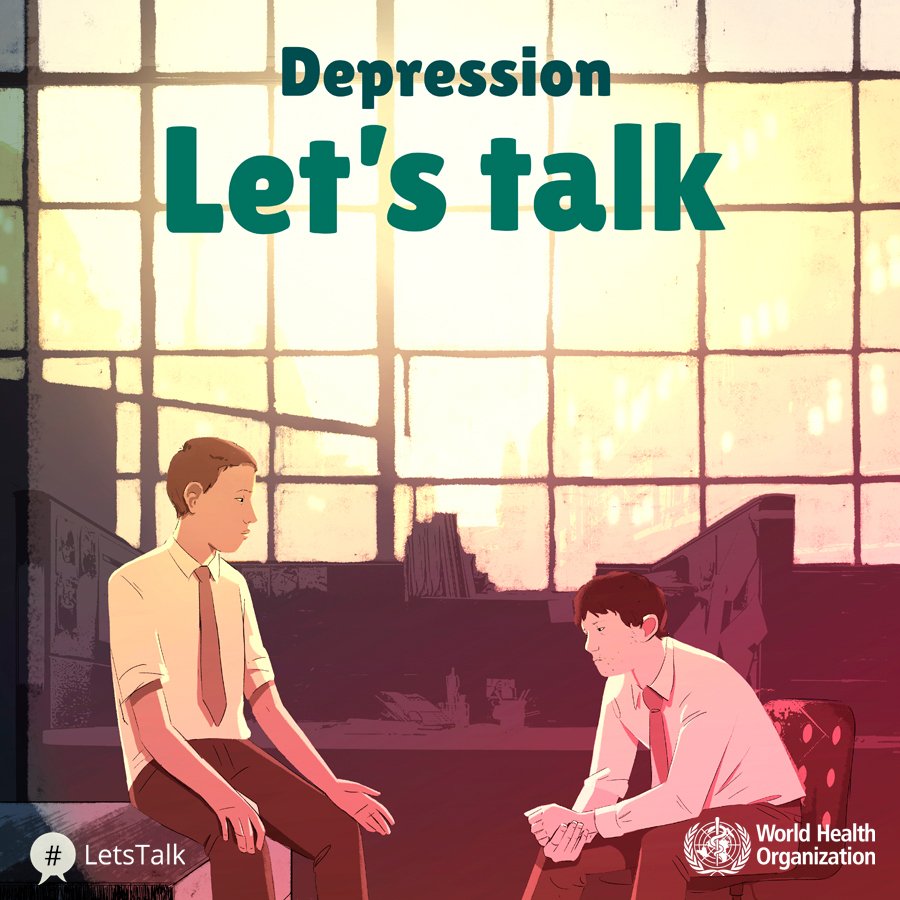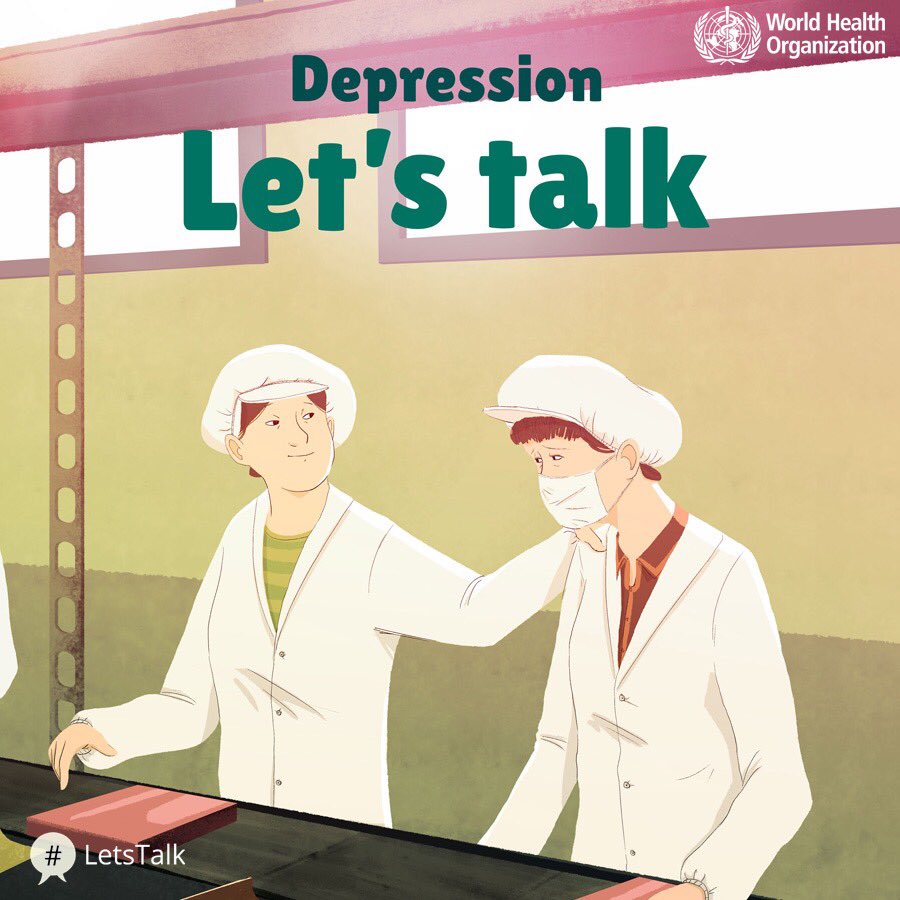I DMed, asked,& graciously received permission for teaching.
BIPOLAR I THREAD
Mania - severe elevation of mood
Hypomania - functional yet distinct elevation of mood
Euthymia - normal mood (including normal ups & downs)
Dysthymia - functional yet distinct decrease in mood
Dysphoria/Depression - severe decrease in mood.
Most people with Bipolar disorder are officially diagnosed after one of the following two things occur:
1) a Manic episode occurs, and depression episodes are found in history
2) many recurrent discrete episodes of depression occur
Most people with Bipolar disorder can have missed or diagnoses when:
1) The clinician fails to recognize returning depression as a warning sign for bipolar disorder
2) The clinician fails to recognize hypomania
3) The clinician fails to get a full history of mood episodes
The diagnosis that @couragebipolar is currently discussing is their "Bipolar I Disorder" which is characterized by MANIA and DEPRESSION (Bipolar II only reaches HYPOMANIA)
Mania is not "happy" or "normal" - mania is severe and disabling. By definition (The DSM's criteria), a manic episode must be so severe that it interferes with daily life severely, or requires hospitalization, or has psychosis.
Hypomania, on the other hand, can look "happy" and one can function. In fact there are some very famous, prolific artists who have done their best work while hypomanic.
To add to the disability of manic episodes, another feature of Bipolar I disorder that makes it so difficult is that the MAJORITY of it is in the DEPRESSED episode. Depressed episodes can be 2-3x more common than manic episodes.
In bipolar disorder, depressions can be challenging to treat. Antidepressants can flip someone into mania, and mood stabilizers do little to lift mood.
Bipolar I Disorder can be a very disabling illness, especially if medications are refused or ineffective.
The main medication treatments for Bipolar I Disorder are about stabilizing the mood switching, not necessarily dealing with the specific episode. These include lithium ( ), anti-epileptics, and antipsychotics.
Proper diagnosis is crucial, because without mood stabilization, conventional treatments (psychotherapy, medications) will almost always fail.
Nonmedication ways to reduce bipolar episode likelihood include:
* regulating and maintaining regular sleep
* avoiding stimulants / recreational drugs / alcohol
* having people you trust around and aware to seek help when episodes are starting (best time to treat)
For clinicians, please be aware of the need to get previous mood disorder history. The key to diagnosing bipolar disorder is finding SUDDEN / DISCRETE / DIFFERENT mood states, especially ones without specific provocation ("no reason at all")
Importantly, "Bipolar" should NOT BE used to describe "moodiness" or "hot and cold" personalities. It should never be used as an insult. Scientific uses can be used but cautiously and with intention.
People with Bipolar Disorder are stigmatized by lay use of the word.
END THREAD
Thank you again to @couragebipolar for permission to do teaching, and I hope that the medical learners of twitter and medtwitterers who need to brush up on their psychiatry feel free to ask any questions on this thread!







